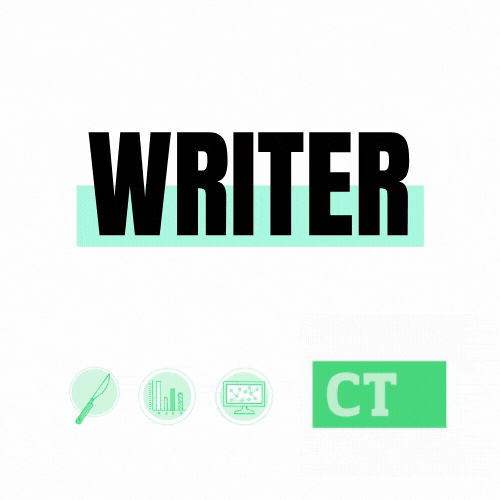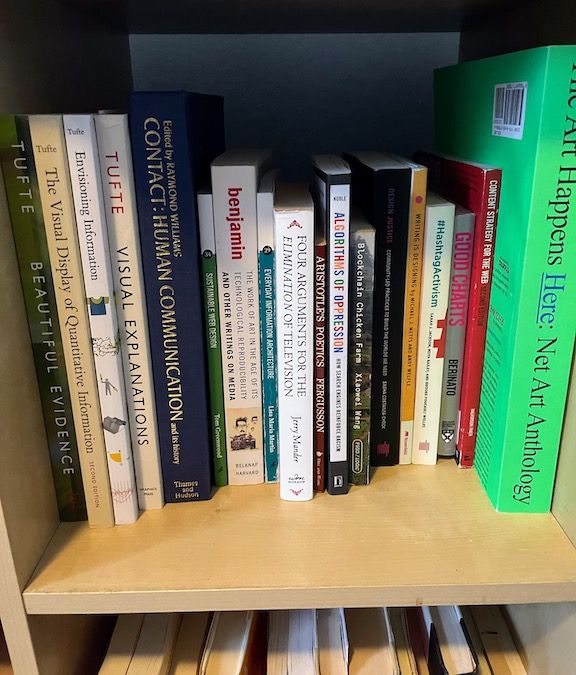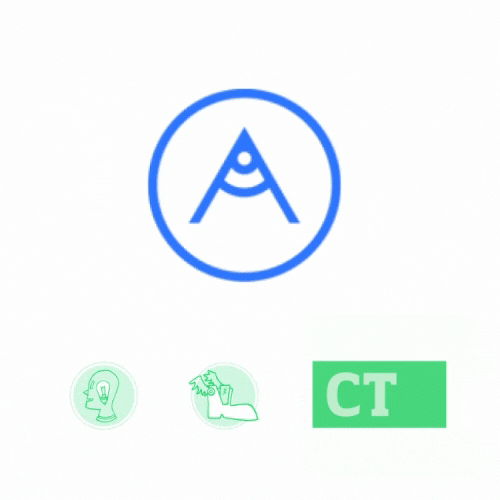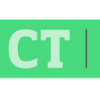A version of this post originally appeared in the September 3, 2020 issue with the email subject line "These search results taste stale" and an essay about how software-based optimization sucks the originality out of content.
This week another large Minneapolis-based arts publication, The Walker Reader, is being either retired or reimagined. As the arts publication for the Walker Art Center, the Walker Reader happens to be one of the only publications where I was ever paid as a freelance writer, and my short article about a Kickstarter event remains on the website, hanging out until the next content audit comes around to knock it out. I don’t expect it to stick around through another website redesign; its archival value is minimal, and as an arts institution (and not journalism), I’m sure the Walker has much more important content to preserve, although as long as they have me, I will happily have my words sit on their site.
But in the case that my scribblings are retired forever and redirected to the homepage, I can use a tool like Authory to preserve my content.
Authory at a glance
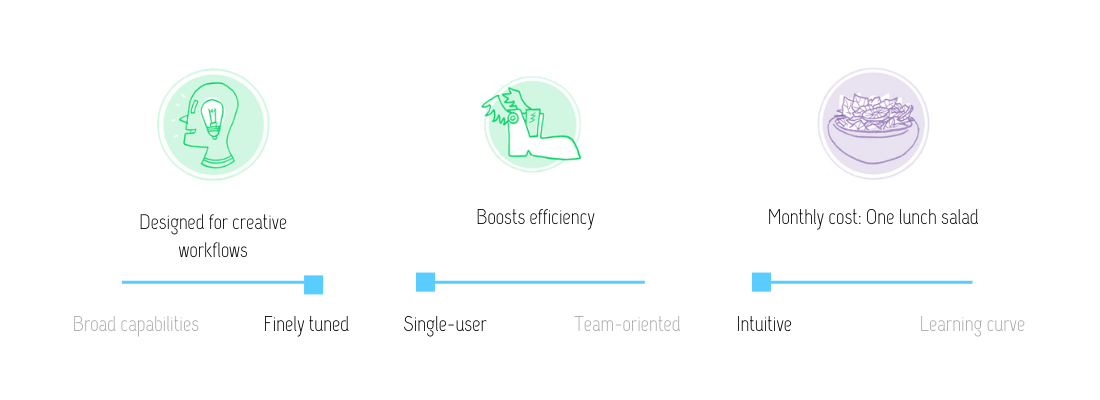
Authory is a portfolio tool for writers, including full-time journalists, content marketers, or occasional subject matter experts. For a monthly fee, Authory permanently captures the text of all your digital bylines. (That is, as long as Authory is in business.)
As digital-only news outlets fragment and standards for preserving digital information are piecemeal at best, a tool like Authory provides security for those who want to maintain their digital writings in some sort of official, authoritative fashion.
Digital news outlets shouldn’t come and go with the frequency they do — and I hope we find ourself on the path to better ones with sustainable archives. Especially since venture- and PE-backed content publishers can be flippant and digital content strategies change all the time, the permalinks to our content may not be so permanent.
For those of us who write on the marketing side, the bylines are fewer and far between. The trade pub whose content I wrote for an entire year no longer has my byline on the site, and the blog posts I wrote at past agencies have mostly been scrubbed of my identity. All cool — but it would be nice to have all those clippings collected in one place.
Authory operates similarly to professional journalist tool Muck Rack: the tool crawls the outlets that have run your bylines regularly and will update your content automatically. Unlike Muck Rack, though, it’s a paid model that accommodates content from all writers — not just professional journalists. For those of us who have migrated into non-journalism content development — presumably because we have a sense of self-preservation and a desire to earn a sustainable living — Authory is a fine solution for maintaining a portfolio.
(I’m also extremely curious about how rights and ownership come into play with tools like Authory and the overbroad work for hire agreements that brands, agencies and publishers all have as standard in their contract. Like most digital-first aggregation companies, Authory’s terms of service require that you have permission to reprint or publish any articles housed on Authory, so if you upload without permission for purposes of a portfolio, I’d recommend that you keep your visibility private.)
Authory also lets writers:
- Publish a free automated newsletter for fans, so subscribers are updated whenever you publish something new
- Download hard copies (in html or xml) of all of their content
- Catalog content from behind paywalls for their own private portfolios
- Toggle privacy settings — if you want to share your portfolio with just a few or with the public, your visibility is yours to control
- Create collections — related articles, beats you’ve covered, your greatest hits
If you do not want to maintain a portfolio website of your own (and I completely understand this sentiment in 2020, although it’s really not that hard to build an annually updated portfolio on your own), Authory is a solid interim solution.
Note: by writing this review, I may receive a free year of Authory, although I did not know that until after I wrote the review...
Hand-picked related content
